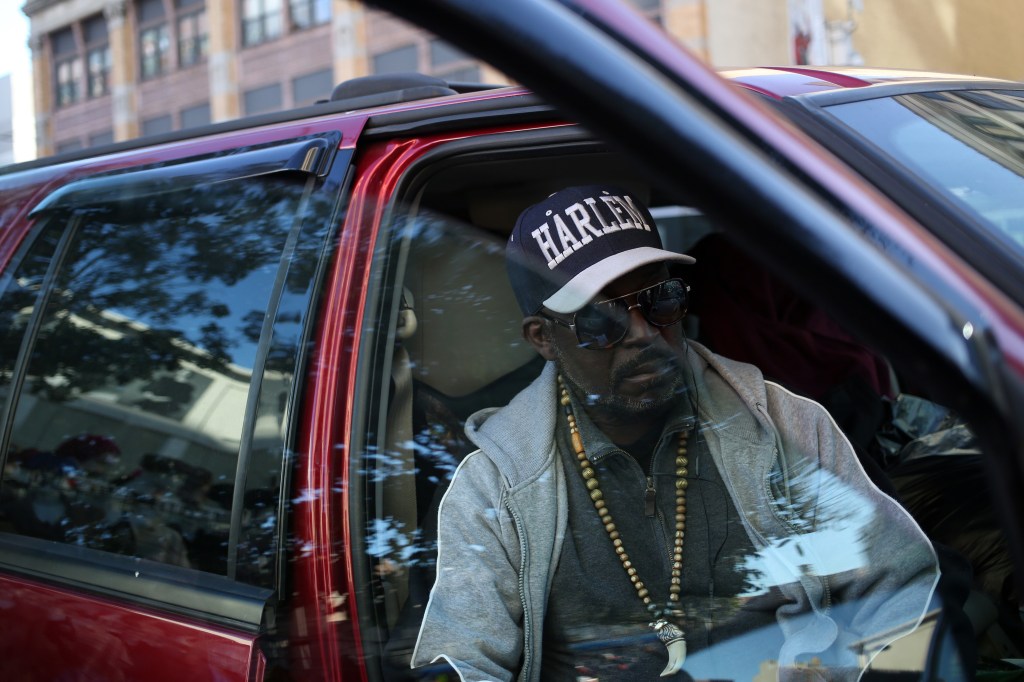If you bottled up the Black experience in the United States over the last 100 years and put a name on it, the most fitting name would be Harlem. New York City’s arguably largest, most historic Black neighborhood has hummed with the rhythm of jazz, the bebop sounds of Dizzy Gillespie, the beats of hip-hop, the poetry of Langston Hughes and Maya Angelou, and given us the prose of James Baldwin. Yet it has also seen the worst of underinvestment, urban decay, and crime fueled by gang and drug wars.
Today, Harlem is indeed experiencing its second renaissance thanks to the community, arts & cultural, faith, and political leaders who have kept the core together in August of every year. They have preserved the staying power of this community through Harlem Week, which for 50 years has been the glue to what Harlem was, is, and can be.
As we mark this important half-century milestone this summer, it is important to look at what Harlem Week (which now runs for several weeks) has done to preserve and promote Black and Brown excellence — not to mention advocate for the issues we still face — by thinking globally and acting locally.
Let’s quickly turn the clock back to 1974, when then-Manhattan Borough President Percy Sutton dreamt up the idea for a single-day event to bring the faith, business, community, and political leaders together to save the soul of Harlem. By that point, the endless stream of jazz pouring from clubs had been replaced by the sound of police sirens. Kids who played in our streets, pretending to be Willie Mays, were now without positive role models.
Getty Images
Close up of Percy Sutton, Manhattan Borough President, during a press conference. (Getty Images)
What Percy and his cohorts envisioned was something greater for Harlem. With the help of Ossie Davis, who dubbed the event the “the beginning of the second Harlem Renaissance,” Congressman Charles Rangel, future Mayor David Dinkins, Basil Paterson (whose son, David, would become New York’s first Black governor), Ruby Dee, Maya Angelou, James Baldwin, Harry Belafonte, Ornette Coleman, and Sugar Ray Robinson, that vision began to take shape.
That one-day event has become the thread through the last 50 years of Harlem, as they paved the way for another generation led Hope R. Stevens, Rev. Wyatt Tee Walker, Dr. Hazel Dukes, and others.
The Harlem of today is a global destination thanks to the vision of our forefathers. Harlem has been the home to the National Action Network’s House of Justice for more than 30 years and the epicenter of Black political power for more than a century. Our unique culture has thrived through the crack epidemic of the 1980s and early 1990s, the concerns of gentrification in the 2000s, and Harlem’s renewal today.
Just stroll down 135th Street on Harlem Day — the celebration’s marquee block party that serves as the culmination of the Harlem Week celebration — and you will see just how different generations of Harlemites have come together. The Black community in Harlem celebrates alongside the neighborhood’s well-cemented Latino population, who have welcomed transplants from all over the globe.
The Harlem that we celebrate during Harlem Week is not just a section of Upper Manhattan, it’s the Harlem state of mind. It’s the power of Black and Brown American culture that is projected in cities around the country and across the globe.
Harlem Week’s impact extends far beyond the neighborhood’s storied streets. It has become a global symbol of cultural resilience and creativity, attracting visitors and participants from around the world who come to experience and celebrate its famous Black and Brown American cultures. As Langston Hughes once said, “as goes Harlem, so goes Black America.”
This year, as we mark the 50-year milestone, it is imperative we use Harlem Week as a vehicle to fight for the health, economic, and voting issues still impacting Black and Brown communities throughout the nation. And Harlem Week and other celebrations must be complemented with an activation to continue advancing our civil rights.
Harlem Week has helped Black and Brown communities in America remember what they have been, as well as aspire to what they could be. Like few single neighborhoods on the planet, Harlem has given the world jazz, hip-hop, poetry, theater, art and more. Now, it is time to bring that to the next level as we kick off the next 50 years of this incomparable community.
Sharpton is the founder and president of National Action Network, a Harlem-based national civil rights organization that launched in 1991. Williams is the president and CEO of The Greater Harlem Chamber of Commerce.
